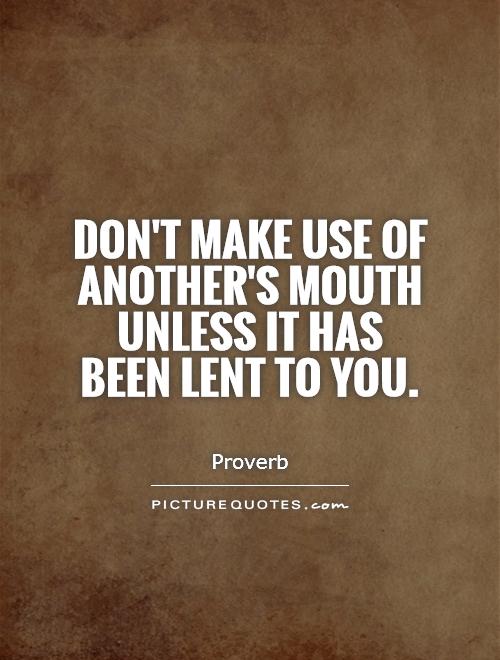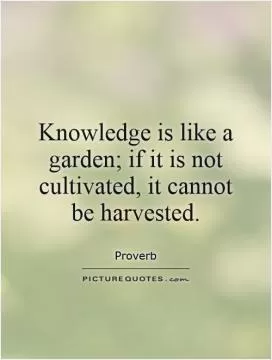Don't make use of another's mouth unless it has been lent to you

Don't make use of another's mouth unless it has been lent to you
The proverb "Don't make use of another's mouth unless it has been lent to you" is a powerful reminder of the importance of respecting boundaries and seeking permission before taking advantage of someone else's resources or abilities. This proverb emphasizes the need for consent and mutual respect in all interactions, whether they be physical, emotional, or intellectual.In a literal sense, the proverb can be interpreted as a warning against using someone else's words or ideas without their permission. Plagiarism, for example, is a clear violation of this principle, as it involves taking credit for someone else's work without acknowledging their contribution. By reminding us to only use another's mouth if it has been lent to us, the proverb encourages us to be mindful of the origins of our words and ideas, and to give credit where credit is due.
On a deeper level, the proverb can also be seen as a metaphor for the importance of respecting personal boundaries and autonomy. Just as we should not use someone else's mouth without their permission, we should also be mindful of not infringing on their personal space, emotions, or decisions without their consent. This principle is especially relevant in the context of relationships, where mutual respect and communication are essential for healthy interactions.
Furthermore, the proverb serves as a reminder of the power dynamics that exist in all relationships. By emphasizing the need for permission before making use of another's mouth, the proverb highlights the importance of consent and agency in all interactions. It encourages us to be mindful of the impact our actions may have on others, and to always seek permission before assuming control over someone else's resources or abilities.












 Friendship Quotes
Friendship Quotes Love Quotes
Love Quotes Life Quotes
Life Quotes Funny Quotes
Funny Quotes Motivational Quotes
Motivational Quotes Inspirational Quotes
Inspirational Quotes